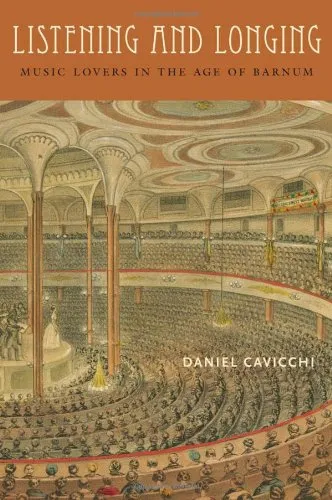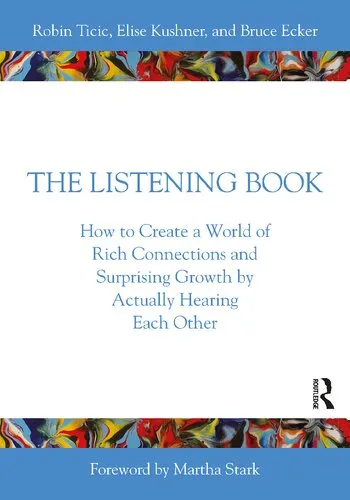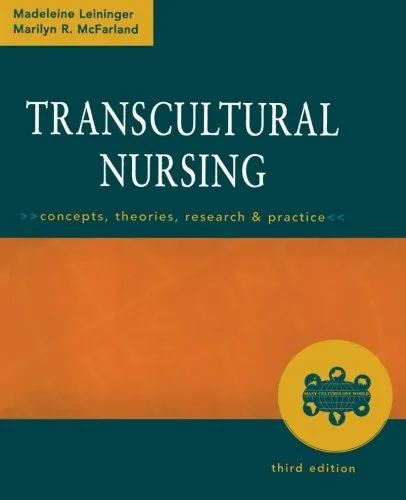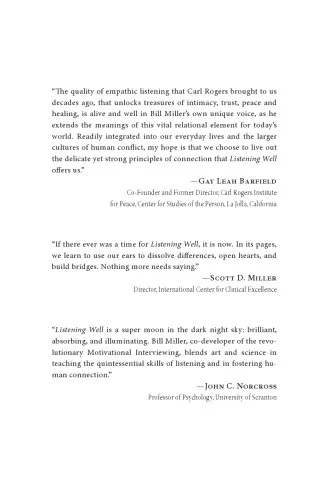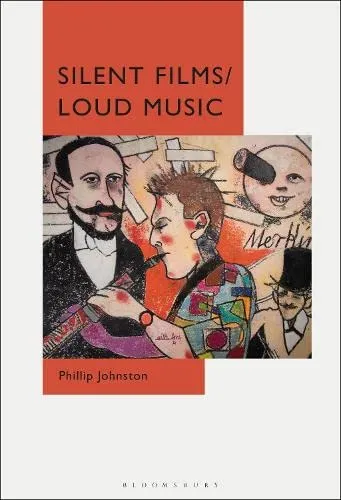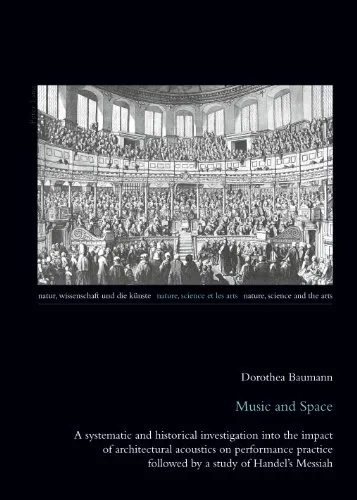Listening and Longing: Music Lovers in the Age of Barnum (Music Culture)
4.5
Reviews from our users

You Can Ask your questions from this book's AI after Login
Each download or ask from book AI costs 2 points. To earn more free points, please visit the Points Guide Page and complete some valuable actions.Related Refrences:
Introduction to "Listening and Longing: Music Lovers in the Age of Barnum"
"Listening and Longing: Music Lovers in the Age of Barnum" by Daniel Cavicchi provides a fascinating exploration of the way music was experienced, appreciated, and embodied by 19th-century American audiences. This book delves into the cultural and social impact of music during a time when public entertainment was undergoing dramatic changes, driven by larger-than-life figures like P.T. Barnum. Through meticulously researched historical accounts and an intimate portrait of early American "music lovers," the book reveals how listening became an active, emotional, and communal experience. By uncovering the personal and collective journeys of music enthusiasts in an era often overshadowed by spectacle and commercialism, this work brings fresh perspectives to the fields of music history, sociology, and cultural studies.
Set against the backdrop of rapid industrialization, urbanization, and the advent of new entertainment technologies, "Listening and Longing" challenges us to rethink historical assumptions about musical appreciation and fandom. Cavicchi’s narrative connects the dots between America’s 19th-century fascination with music and its evolution into today’s omnipresent musical culture. From the invention of the modern concert experience to the birth of celebrity culture, the book captures the essence of a nation seeking meaning and identity through the act of listening deeply and yearning intensely for transcendent experiences.
Detailed Summary of the Book
The book begins by setting the stage in an America that is rapidly transforming. With the rise of urban centers and public forums for entertainment, musical events begin to shift from impromptu gatherings to organized spectacles. P.T. Barnum, known for his circus and knack for spectacle, played a pivotal role in shaping how Americans consumed music. Through concerts featuring vocalists such as Jenny Lind—the "Swedish Nightingale"—Barnum brought music to the mainstream while simultaneously feeding a nationwide hunger for emotional connection and cultural refinement.
Daniel Cavicchi highlights how the act of listening itself became a cultural phenomenon. During the 19th century, attending live performances was not just about hearing music; it was about participating in a shared social and emotional experience. The book introduces a variety of "music lovers," from devoted fans who traveled long distances to attend performances, to everyday people who collected sheet music and taught themselves to play instruments at home. Cavicchi uses personal letters, diaries, and other archival materials to illustrate how deeply music permeated the lives of individuals and communities.
A recurring theme throughout the book is the struggle between commercialism and authenticity. On one hand, music became a commodity, marketed and sold to eager crowds. On the other hand, listeners and performers sought genuine, often spiritual, connections through their musical encounters. By portraying the tensions of this duality, the author captures the essence of a period in music history that would ultimately shape much of what we know about contemporary fandom and the music industry.
Key Takeaways
- The rise of public concerts and Barnum’s influence marked the beginning of modern musical entertainment.
- Listening to music in the 19th century was deeply tied to one’s identity, emotions, and social class.
- Music fandom and longing were not isolated phenomena but integral to the broader cultural and social shifts of the time.
- The tension between commercialization and authenticity in music began long before the digital era.
- Listening is not a passive act; it is historical, cultural, and deeply personal.
Famous Quotes from the Book
"Listening is not merely the act of hearing but the act of longing—for connection, for transcendence, for meaning."
"The nineteenth-century concert hall was less a place of passive observation and more a sacred space for collective introspection."
Why This Book Matters
"Listening and Longing: Music Lovers in the Age of Barnum" is not just a history of music in 19th-century America; it is a study of human emotion, community, and cultural growth. By focusing on audiences rather than just performers, Cavicchi provides an empathetic look at the social transformations surrounding music. His attention to the intimate experiences of music listeners reminds us that music has always been more than sound—it has been a profound influence on identity, a communal bond, and a source of yearning that transcends time and place.
In today’s world, where music consumption often happens through digital streams and playlists, this book serves as a powerful reminder of what it means to truly listen. It challenges readers to consider their own relationship with music and how it shapes their lives. Ideal for historians, musicologists, and casual readers alike, "Listening and Longing" bridges the gap between a distant past and the ever-evolving present, proving that the love for music is as timeless as it is transformative.
Free Direct Download
You Can Download this book after Login
Accessing books through legal platforms and public libraries not only supports the rights of authors and publishers but also contributes to the sustainability of reading culture. Before downloading, please take a moment to consider these options.
Find this book on other platforms:
WorldCat helps you find books in libraries worldwide.
See ratings, reviews, and discussions on Goodreads.
Find and buy rare or used books on AbeBooks.
1339
بازدید4.5
امتیاز0
نظر98%
رضایتReviews:
4.5
Based on 0 users review
Questions & Answers
Ask questions about this book or help others by answering
No questions yet. Be the first to ask!
